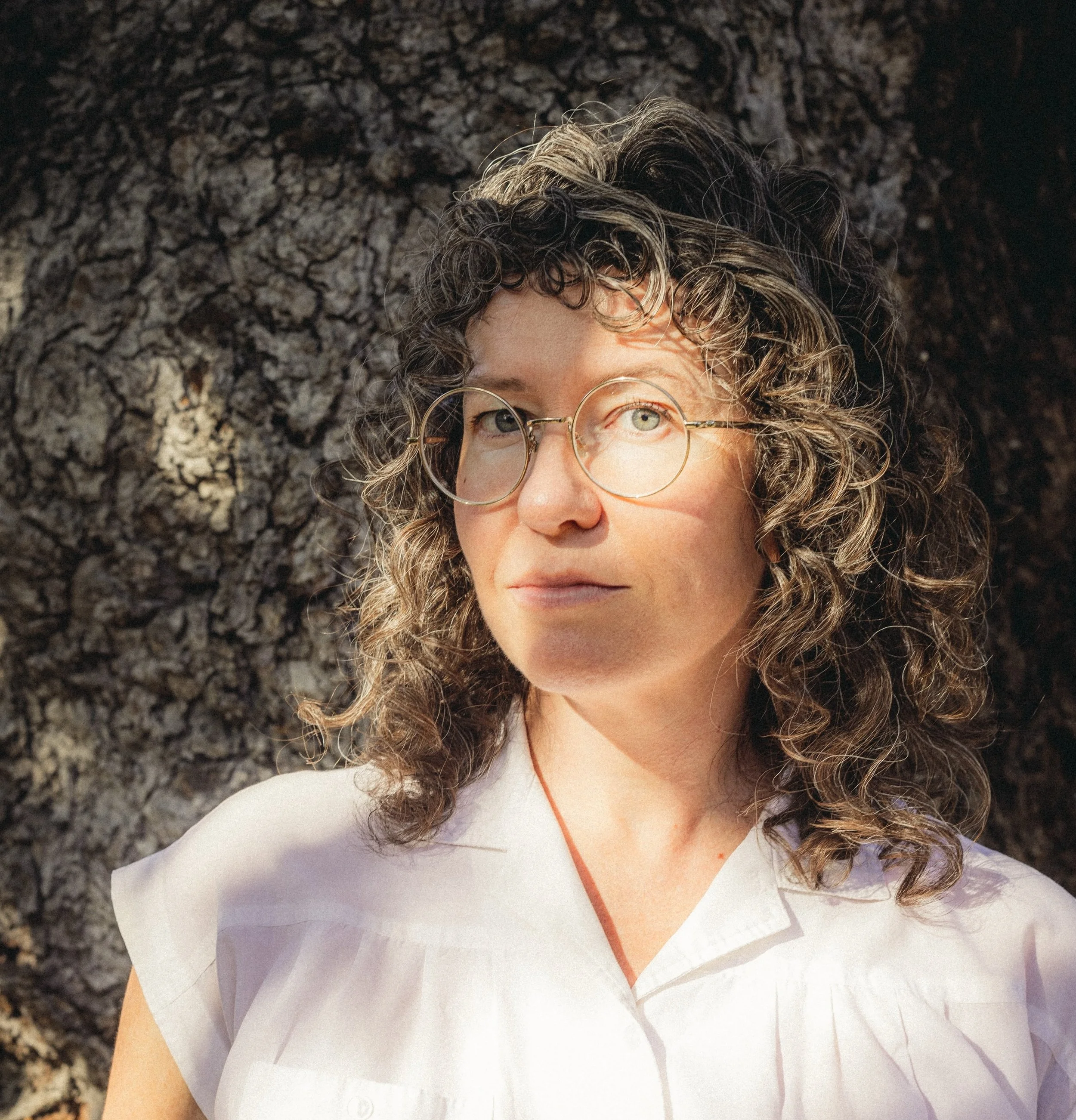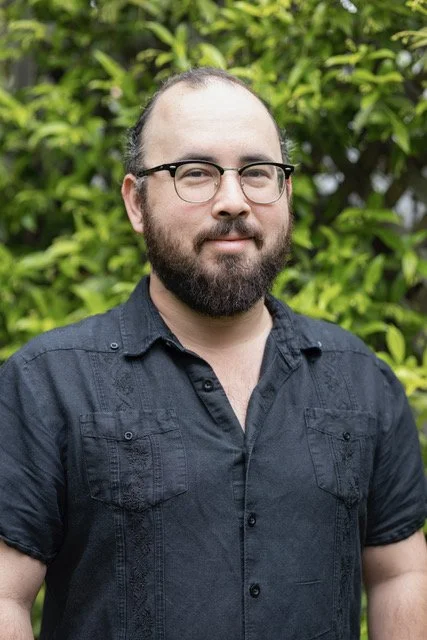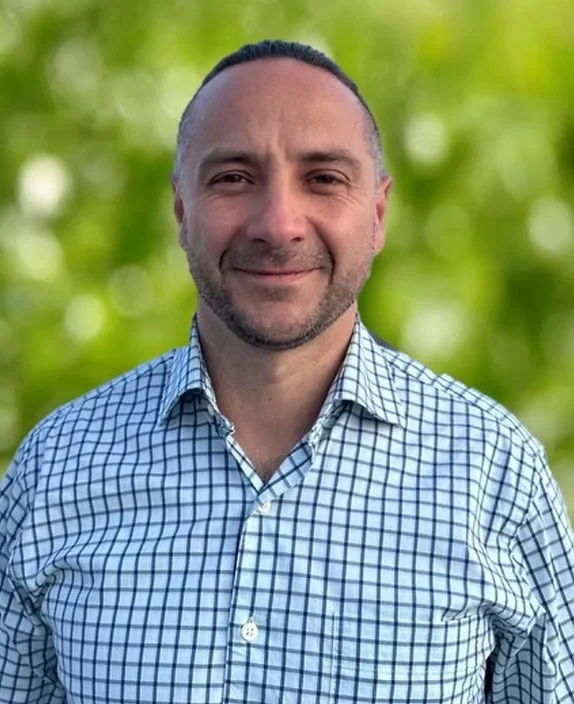-
FOUNDER & PRESIDENT
Danielle Stevenson is a pioneering mycologist, environmental scientist, and educator specializing in mycoremediation and sustainable practices. She holds a PhD in Environmental Toxicology from the University of California, Riverside, and her dissertation was “Phyto-Mycoremediation of Brownfields in Southern California.” As the founder of D.I.Y. Fungi, Danielle has dedicated her career to harnessing the power of fungi to address environmental challenges such as soil contamination, pollution, and ecosystem restoration. Her innovative work bridges the gap between science, community action, and ecological stewardship.
With a background in environmental studies and applied mycology, Danielle focuses on developing accessible and practical solutions to environmental issues. She has collaborated with communities, researchers, and policymakers to implement bioremediation projects that utilize fungi and other natural systems to clean up pollutants like heavy metals and hydrocarbons. Her efforts include creating educational programs and workshops to empower individuals and organizations to adopt these techniques.
Danielle is also a passionate advocate for food sovereignty and environmental justice. She has worked extensively on projects that integrate urban agriculture with soil restoration, addressing contamination in marginalized communities to ensure safe and equitable access to local food production. Her initiatives include Healing City Soils, which combines science and community collaboration to tackle urban pollution and support sustainable land use.
Through her research, outreach, and advocacy, Danielle Stevenson has become a leading voice in regenerative environmental practices, inspiring others to reimagine their relationships with nature and the built environment. Her work demonstrates the transformative potential of fungi to heal not only ecosystems but also the communities that depend on them.
-
BOARDMEMBER & TREASURER
Liz Barry is a visionary environmental scientist, urban ecologist, and co-founder of Public Lab, an open science initiative focused on democratizing environmental data collection and analysis. Her work centers on empowering communities to monitor and address environmental challenges, particularly in underserved and marginalized areas. Liz's expertise lies in civic science, participatory mapping, and the development of accessible tools for environmental advocacy.She has played a pivotal role in advancing open-source hardware and methodologies that allow individuals and communities to gather and interpret data about their surroundings. From balloon and kite mapping to DIY spectrometry, Liz’s innovations have equipped people worldwide to engage in environmental monitoring and activism. Her work has contributed significantly to issues such as air and water quality monitoring, oil spill tracking, and toxic land assessment.
With a background in landscape architecture and a deep commitment to public engagement, Liz is also an advocate for interdisciplinary collaboration and education. She has taught at institutions such as Columbia University and Parsons School of Design, emphasizing the intersections of technology, community action, and environmental stewardship. Through her leadership and outreach, Liz Barry continues to inspire a global movement for participatory science and environmental justice.
-
BOARD MEMBER
Jesse Damiani is a writer, curator, and emerging technology strategist with expertise in virtual and augmented reality (VR/AR), artificial intelligence (AI), and digital culture. As an Adjunct Professor at the University of Southern California (USC) and host of the Urgent Futures podcast, he explores the societal impacts of emerging technologies, including their role in climate action, sustainability, and environmental storytelling.
Jesse has curated immersive experiences for institutions like the Smithsonian, SXSW, and the Museum of Other Realities, showcasing how technology can drive awareness and engagement on critical issues, including environmental conservation. His writing for Forbes, WIRED, and The Verge analyzes the intersection of technology, ethics, and systemic change.
As an advisor, Jesse helps organizations navigate the evolving landscape of AI, XR, and digital media to enhance public engagement and advocacy. His experience in immersive storytelling and emerging tech strategy makes him a valuable resource for environmental organizations looking to leverage innovative tools for education, activism, and impact.
-
BOARD MEMBER
James Oliver-Peña (he/they) is a community mycologist and soil scientist, born and raised in Venice, California. His studies in philosophy and time in the Olympic National Forest cultivated a deep curiosity in the intersection of life and death, namely fungi. In his nine-plus years of culturing microbes, fungi, and cells with friends, labs, and community, he explores the intersections of microscopy, bioremediation, human health, urban and SoCal soil microbiomes, and a sense of self entangled with microbes. He is the co-founder of Pacific Coast Cultures, a business dedicated to education and community about microbial relationships in food and ecologies. He has worked professionally and personally with organizations, including Metabolic Studio, LA Compost, Soil Food Web School, Santa Monica Community Gardens, Climate Action Santa Monica, City of Santa Monica, Santa Monica Great Park Coalition, University of Southern California, and Los Angeles Public Library
-
BOARD MEMBER & SECRETARY
Shanhuan is a filmmaker and systems thinker, composting established methods of narrative production to co-create rituals of collective worldmaking. As a facilitator of experiences across mediums, they work to revitalize a communal sense of interspecies belonging. Shanhuan co-founded and runs Sympoetic Ecofabulatory — a monthly interspecies meetup in Los Angeles — and is a steward of LIOS Labs School of Ecological Imagination. They work to weave networks of support and care throughout diverse communities with a focus on ecological regeneration and collective healing. Shanhuan develops teaches workshops and interspecies collaboration globally in a variety of contexts including New Moon Mycology Summit, LIOS Labs Desert Transformation Labs. During New York Climate week in 2024, they curated and hosted Interspecies Collaboration Frameworks: Ecocentric Worldbuilding for Thriving Futures, a panel discussion hosted at Biotech Without Borders. Shanhuan is an alum of Emergence Magazine’s Seeds of Radical Renewal Leadership Fellowship, futher underscoring their dedication to ecologically grounded world-tending
-
BOARD MEMBER
Cuauhtemoc loves working with soils, microbes, plants and communities. He is a microbe herder and plant lover. Having helped develop, produce and manage large scale production of biologically diverse compost infused with Indigenous microbes he understands the care needed to culture life both big and small. As a certified soil food web advisor for over a decade he knows the soil can become activated and regenerated by microbes.
Weaving this soil food web work through regenerative agriculture supporting food sovereignty within Tribal communities he holds microbes close to heart knowing they can help enrich life above and below the ground. He has been fortunate enough to regeneratively work a piece of land long enough to see the capacity of bacteria and fungi morph a compacted depleted soil into a highly productive and diverse structure. Understanding the nexus between soil, water, microbes and plants he seeks to view things through the interconnectedness of the natural system. In his eyes it’s a fine line between remediation, restoration and regeneration, ultimately, seeing that with nature-based systems they are one in the same.
Cuauhtemoc is currently a soil restoration and remediation specialist with a phytoremediation company who uses specialized endophyte bacteria which live inside of the plants to remediate surface water, soil, groundwater and leachate.
-
BOARD MEMBER
Alexis is queer white settler with Indigenous heritage (Anishinaabe, Irish, and Quebecois), born in Indonesia and raised in Saudi Arabia, now living as an uninvited guest on the territories of the T'Sou-ke, Scia’new, Lkwungen, W̱SÁNEĆ, and Quw'utsun peoples. Over the past 15 years, Alexis has worked in arts, nonprofits, and DIY collectives in roles from intern to executive director. From 2018–2022, Alexis led the Compost Education Centre, collaborating on programs like Healing City Soils and Ground Beneath Our Feet.





